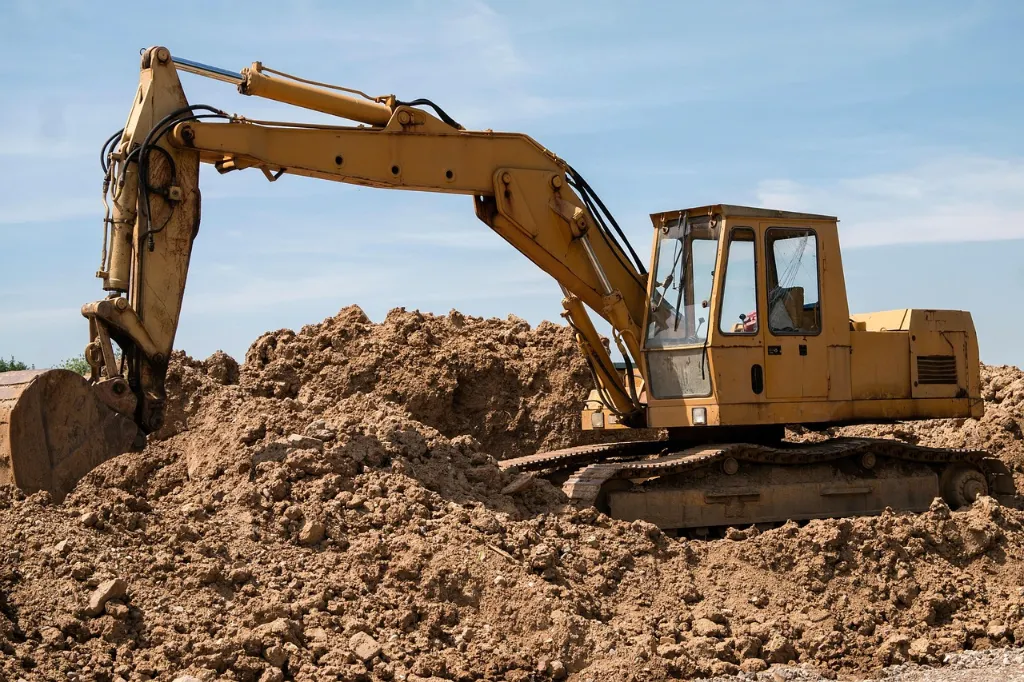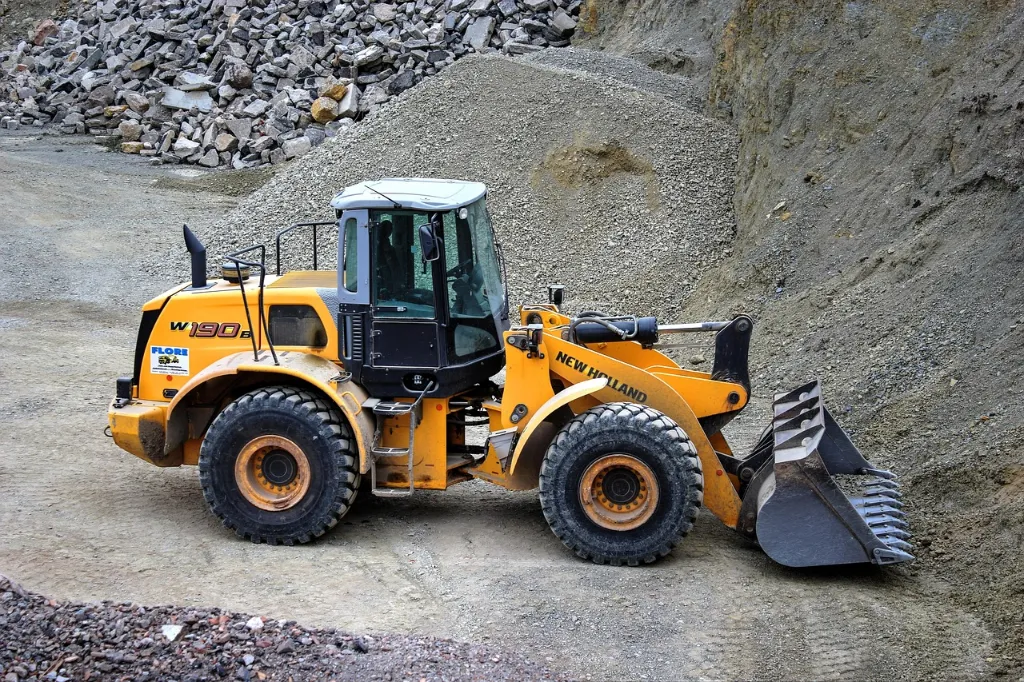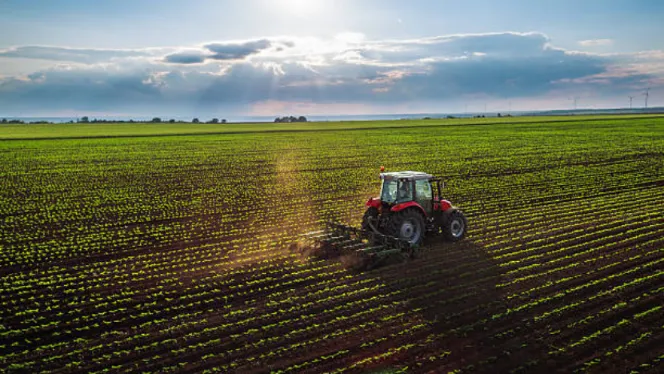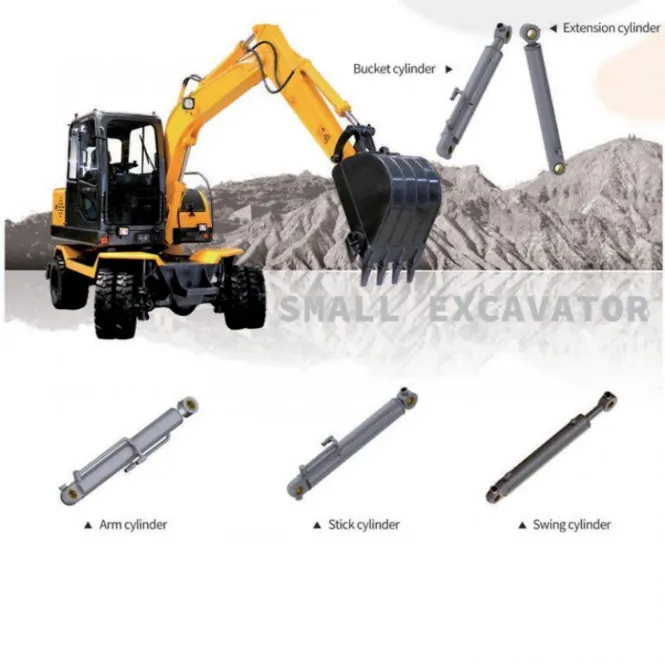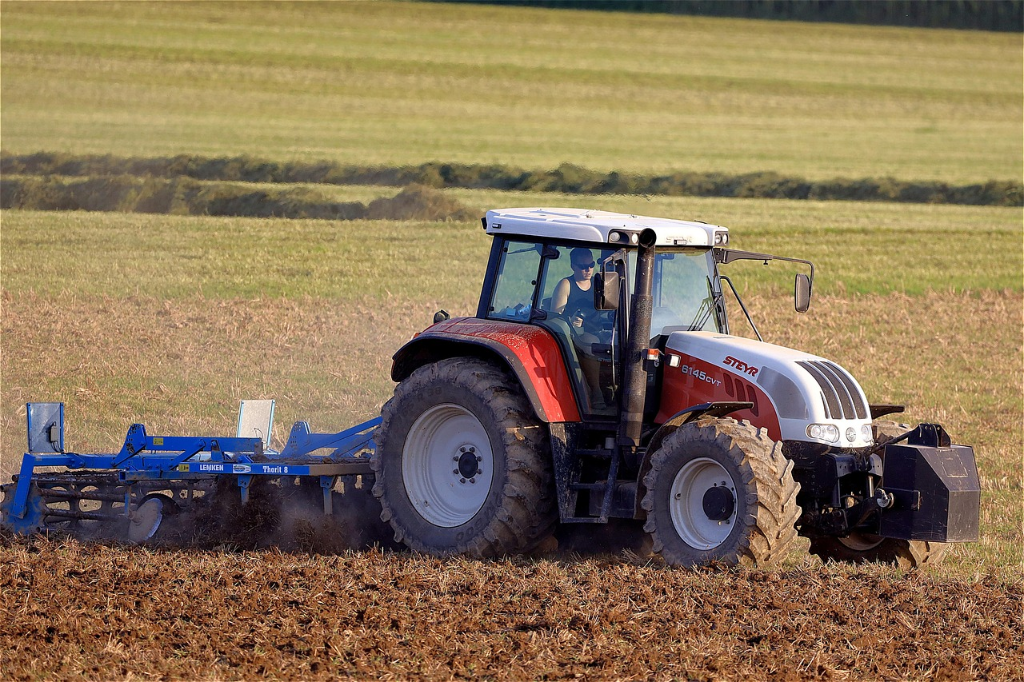
When you step into a hay field during busy harvest time, you quickly see why round balers are a farmer’s best friend. These machines scoop up long rows of grass, roll them snugly, and tie them into tidy round bales. But inside their strong steel body, the true power comes from hydraulic cylinders. They lift, squeeze, push, and let go, handling all the tough tasks. Picking the right hydraulic cylinder for your round baler isn’t just about size. It’s about strength, toughness, and keeping your work smooth without sudden stops.
This guide explains what to look for when choosing a hydraulic cylinder for a round baler. We’ll compare details, discuss real life conditions, and point out practical choices farmers need to make.
Why Hydraulic Cylinders Matter in Round Balers
A round baler isn’t simple equipment. It gathers hay, presses it firmly, and shapes it neatly. Each step needs care. If a cylinder leaks or breaks, the baler stops working.
Here are the main jobs where hydraulic cylinders are key:
Pickup movement, Raises the pickup reel off the ground at turns.
Tailgate operation, Lifts and lowers the heavy back gate to release bales.
Belt tensioning, Keeps steady pressure for even bale density.
Bale chamber locking, Locks the chamber tightly to avoid accidents.
A weak or wrong cylinder can make loose bales, waste hay, or harm equipment. That’s why farmers care about picking cylinders. It affects field work and repair costs.
Key Factors to Compare When Choosing a Cylinder
Not every cylinder is the same. Here are the details to focus on.
Piston Rod Material
The piston rod moves a lot against pressure, dust, and sometimes mud. If it rusts, the seal wears out fast.
Standard steel rods cost less but rust easily in wet or harsh conditions.
Hardened steel rods with electroplating resist rust better. For instance, a rod tested for 96 hours in a salt spray chamber proves strong durability against corrosion.
For a round baler in open fields, hardened steel is often a smart choice.
Seals and Sealing System
Leaky hydraulics are a farmer’s worst problem. A worn seal causes downtime, messy fixes, and sometimes lost hay. Top quality seals, often from trusted imported brands, are built for:
Strong wear resistance during fast work.
Long life under constant pressure.
Handling temperature changes well.
Farmers working long days in hot summers or chilly fall fields gain a lot from better seal technology.
Working Temperature
Your cylinder must work in your area’s weather. Many baler cylinders handle -20°C to +80°C.
In cold places, seals must stay flexible to avoid leaks.
In hot areas, overheated oil can stress seals, so pick materials rated for higher temperatures.
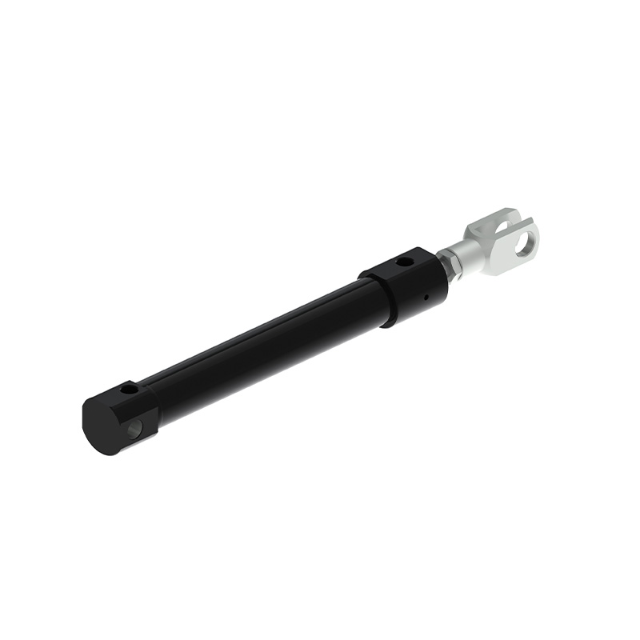
Connection and Mounting Parts
Connection points face steady stress. Forged parts are stronger than cast ones. Forged steel holds up well, even when the baler faces uneven loads.
Tractor Compatibility
Most round balers work with tractors over 100 HP. The cylinder you pick should match your tractor’s hydraulic pressure and flow. Wrong specs can lead to slow work or early cylinder failure.
Side Note: About Shining Hydraulic
Shining Hydraulic is a skilled maker of agricultural hydraulic cylinders. With years of real world testing, they supply cylinders for round balers, mowers, plows, and trailers. Besides standard designs, Shining Hydraulic offers custom solutions suited to farm conditions.
Comparing Cylinder Specifications at a Glance
The Standard Cylinder has a plain steel piston rod, basic rubber seals, works between 0°C to +60°C, offers moderate corrosion resistance, and uses cast connection parts. On the other hand, the Advanced Cylinder (Shining Hydraulic) features a hardened 45# steel piston rod with electroplating, imported DLI wear resistant seals, a broader temperature range of -20°C to +80°C, excellent corrosion resistance with a 96 hour salt spray test (Grade 9), and forged connection parts for added strength.
When you compare them, the differences stand out. The advanced version costs more, but its longer life and fewer breakdowns often save money over time.
Example
A farmer in Inner Mongolia said his old baler cylinder leaked after one season in sandy soil. Dust ruined the seal edges. After switching to a cylinder with imported seals and forged connectors, he worked two full seasons without any oil leaks. That shows the real impact of material and design choices.
The Value of Customization
Every farm is unique. Some handle soft alfalfa, others work with rough straw, and some press silage. Shining Hydraulic provides custom options for rod size, seal material, and barrel coating. This helps farmers avoid a “one size fits all” issue and get equipment that fits their work style. Custom service is available, flexible, and efficient.
How to Make the Right Decision
When picking your hydraulic cylinder, follow these easy steps:
Check your tractor’s hydraulic output. Match pressure and flow.
Look at the baler’s needs. How heavy is the tailgate? What’s the chamber pressure?
Think about field conditions. Wet, dusty, or harsh environments need rust resistant rods.
Plan for the long run. Spending a bit more now can save on repairs later.
Talk to your supplier. Ask about custom designs if you need specific changes.
Conclusion
A round baler’s strength depends on its cylinders. Picking the right hydraulic cylinder isn’t only about size or price. It’s about durability, how well the seals hold up, protection against rust, and ensuring it works smoothly with your tractor. Shining Hydraulic crafts cylinders with these needs in focus. This makes them a solid pick for farmers who want less downtime and more efficient hours in the field.
FAQs
How do I know which hydraulic cylinder fits my round baler?
Check the baler’s manual for specs like bore size and stroke. Also, ensure your tractor’s hydraulic system matches the cylinder’s pressure rating.
What’s the best piston rod material for a round baler cylinder?
Hardened steel with electroplating is best. It fights rust and wear better than plain steel, especially in outdoor farm conditions.
How often should I replace the seals in my round baler hydraulic cylinder?
With good care, seals can last several seasons. Check them often and replace if you see leaks, swelling, or cracks.
Can I use one hydraulic cylinder model across different balers?
Not always. Round balers differ in chamber size, tailgate weight, and pressure needs. Using the wrong cylinder can lead to poor work or damage.
Does Shining Hydraulic provide custom hydraulic cylinders for round balers?
Yes, Shining Hydraulic offers tailored hydraulic cylinders for round balers, designed to match specific farm conditions and tractor setups.

